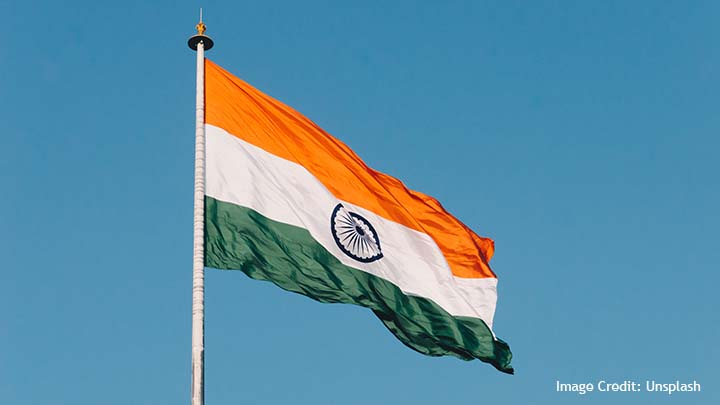India and the Kindleberger Trap: Multipolarity Amid the Taiwan Crisis

Jagannath Panda
Introduction:
In September 2019, India’s External Affairs Minister S. Jaishankar in his statement at an Alliance for Multilateralism meeting unambiguously stated that “the Kindleberger Trap on the shortage of global goods is far more serious than the Thucydides Trap.” Moreover, he warned against nationalism, mercantilism, violation of international law, and mechanisms or institutions that are too outdated to fight fast-evolving global challenges.
These warnings were surely a veiled indictment of China’s mercantilism, authoritarian practices, and disregard for laws like the United Nations Convention on the Law of the Sea (UNCLOS), as well as of moribund multilateral regimes like the United Nations that fail to reflect contemporary realities and have proved ineffective in preventing modern crises.
Related Publications
-
Navigating the Indo-Pacific: How Australia and the EU Can Partner for Peace, Stability, and Prosperity
To navigate the choppy waters of the Indo-Pacific, the EU and Australia must be on the same wavelength regarding shared interests in rules, values, and an open and liberal economic […]
-
Could India’s relationship with China change under the new Modi government?
As the Indian Prime Minister Narendra Modi forms a new government for the consecutive third time after the BJP-led National Democratic Alliance (NDA) coalition secured a comfortable majority in the […]
-
To What Extent is China a ‘Security Threat’?
The current international order, led by the United States, is undergoing phenomenal political, economic, and security changes that will decide whether the order will continue as it is, or a […]
-
Maldives Walking Tight Rope between India and China
Like all the South Asian small states, the Maldives has been subjected to great power politics. There are five principles of Maldives’ foreign policy (mostly reciprocating with India’s ‘Panchsheel’) and […]
-
Positive Paranoia: Chinese Interpretations of Indo-Pacific Geopolitics
This Focus Asia paper seeks to interpret Chinese narratives on Indo-Pacific geopolitics by reviewing Chinese state media and scholarly opinions on Indo-Pacific geopolitics. For this purpose, the paper also examines […]




